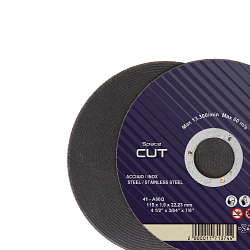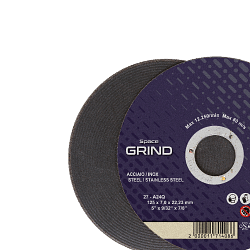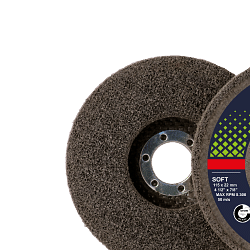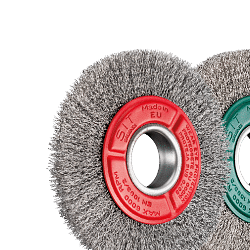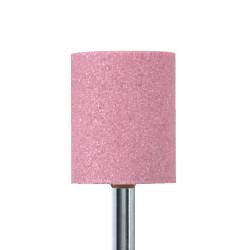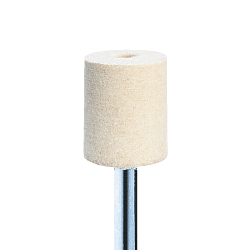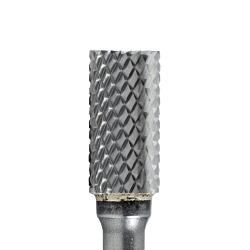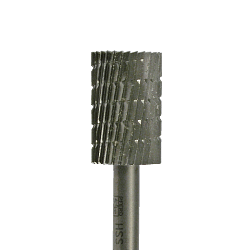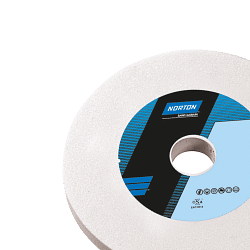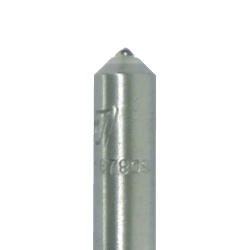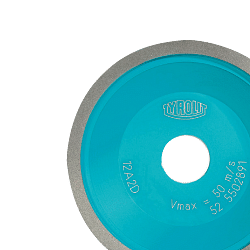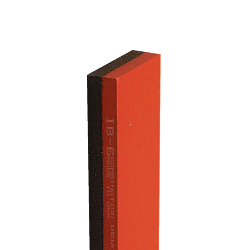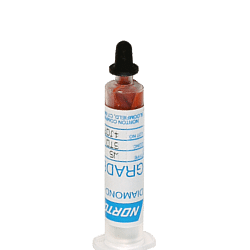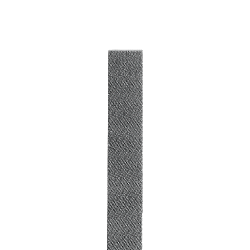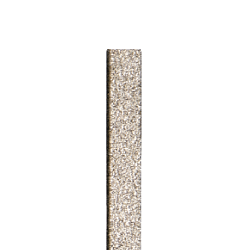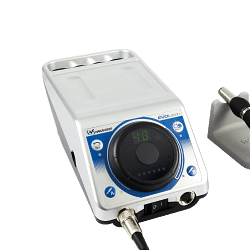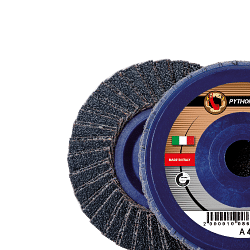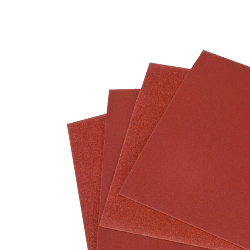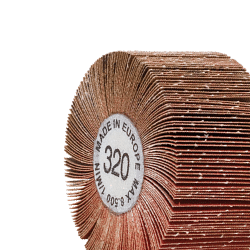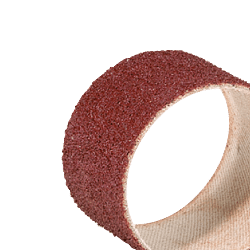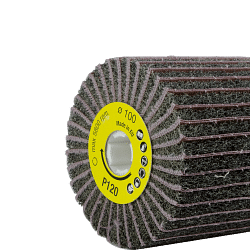Register and use the discount code NEWWELCOME to get 10% off on your first purchase. GET DISCOUNT.
Register and use the discount code NEWWELCOME to get 10% off on your first purchase. GET DISCOUNT.
Register and use the discount code NEWWELCOME to get 10% off on your first purchase. GET DISCOUNT.
Free shipping in 24h from 200€
Catalogues
Customer service
How can we help you?
- Faq
- Customer service
02.927371
- Supporting big orders
02.38298620
-
info@linkindustrialtools.it
- Request assistance with form
Or contact us with the chat in the lower right corner
- All products
 Integral cutting tools
Integral cutting tools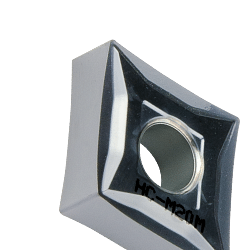 Turning tools
Turning tools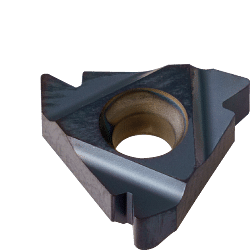 Thread tools
Thread tools Thread tools
Thread tools- All products
- Thread inserts
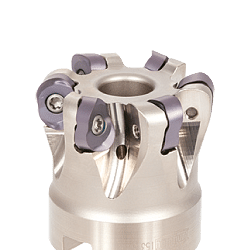 Milling cutters
Milling cutters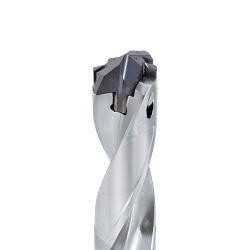 Drilling tools
Drilling tools Drilling tools
Drilling tools- All products
- Indexable drill bits
- Indexable drill heads
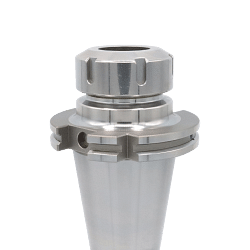 Clamping systems
Clamping systems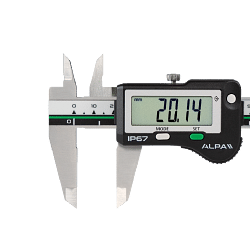 Measuring and precision tools
Measuring and precision tools Measuring and precision tools
Measuring and precision tools- All products
- Digital calipers with readings to 0.01
- Analogue calipers
- Digital micrometers
- Analogue micrometers
- Bore gauges
- Snap gauges
- Digital gauges
- Analogue gauges
- Touch probes
- Zero setters and edge finders
- Inspection plates
- Altimeters
- Height gauges
- Squares and levels
- Threaded rings
- Gauge blocks
- Calibrated tapes and thickness gauges
- Digital and analogue hardness testers
- Roughness testers
- Microscopes, lenses and visors
- Digital thermo-hygrometer to measure moisture
- Reset benches
- Optical profile projector
- Professional, digital dynamometers
- Laboratory scales
- Digital amperometric pliers
- Thickness and adhesion gauges
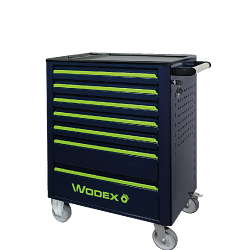 Hand tools
Hand tools Hand tools
Hand tools- All products
- Combination wrenches
- Spanners
- Hook wrenches
- Tubular wrenches
- Hexagon keys
- Torx wrench
- Socket wrenches
- Screwdrivers
- Torque wrenches
- Torque screwdriver
- Inserts and bits for screw drivers
- Tool trolleys
- Workshop pliers
- Wire strippers
- Cable strippers
- Cutting nippers
- Professional scissors
- Nippers
- Professional shears
- American or Swedish pipe wrench
- Adjustable wrench
- Pipe tools
- Pipe cutter for plumber
- Cutter
- Hacksaws
- Deburring tools
- Chisels
- Hammers and mallets
- Mechanical and conical pullers
- Clamps
- Tap wrenches and die stocks
- Riveters
- Flexometers
- Tape measures
- Markers
- Flat squares and rulers
- Professional dividers
- Professional protractors
- Brushes
- Lubricators and spray nozzles
- T-wrenches
- Reversible ratchets
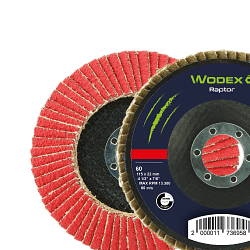 Abrasives
Abrasives Abrasives
Abrasives- All products
- Cutting discs
- Deburring grinding wheel
- Flap discs
- Fabric discs for surface treatment
- Abrasive fibre discs with Velcro
- Abrasive cloth in rolls, sheets and bands
- Flap wheels with pin and abrasive wheel with hole
- Abrasive wheels for buffing machines
- Abrasive spiral bands
- Abrasive brushes
- Flexible sanders
- Mounted grinding discs
- Polishing felt
- Solid carbide rotary cutters
- HSS rotary cutters
- Abrasive wheels for sharpening and grinding
- Diamond grinding wheels
- Grinding stone
- Diamond paste
- Abrasive stones
- Files and rasps
- Diamond files
- Grinders and polishing equipment
 Lubricants for machine tools
Lubricants for machine tools Lubricants for machine tools
Lubricants for machine tools- All products
- Water-miscible coolants
- Neat cutting oil
- Minimal lubrication systems
- Oil for guides and slides
- Drums of hydraulic oil fluid
- Anti-freeze for machine tools
- Air coolers
- Oil separator
- Powders and absorbents for oil
- Aspirators for oil mist
- Accessories for cooling lubricants
- Metal and mould protectors
- Grease and paste
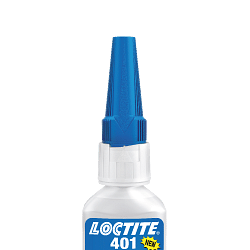 Chemical, adhesives and sealants
Chemical, adhesives and sealants Chemical, adhesives and sealants
Chemical, adhesives and sealants- All products
- Acrylic, cyanoacrylate and epoxy adhesives
- Guns and silicon sealant
- Threadlocker
- Sealants and retainers
- Release agents, lubricants and anti-seize
- Zinc spray and polishes
- Lubrication accessories
- Protections for maintenance
- Industrial Cleansing
- Handwash
- Industrial cloths and rags
- Welding machines
- Electrodes
- Clamps, shields and welding masks
- Antispatter
 Safety equipment
Safety equipment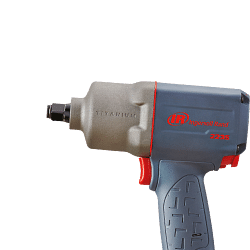 Pneumatics
Pneumatics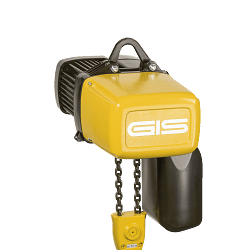 Lifting systems
Lifting systems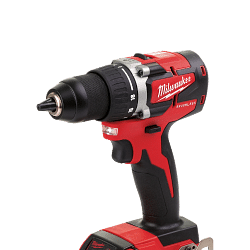 Workshop equipment
Workshop equipment Workshop equipment
Workshop equipment- All products
- Column and bench drills
- Accessories for lathes
- Band saws
- Cut-off machines
- Bench grinders
- Power tools
- Spare parts and accessories for Power Tools
- Saws and hole cutters: wood, metal and plasterboard
- Tapered cutters for sheet metal
- Industrial aspirators
- Fume aspirators
- Bench vices
- Technical lamps
- LED torches
- Industrial cable winders
- Trolley wheels
- Quick clamps
- Threaded inserts
- Control knobs
- Packaging accessories and material
- Belt sanders
- Electric tapping machines
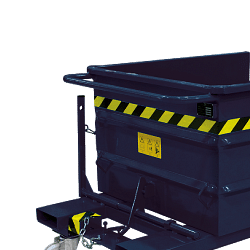 Furnishings and storage
Furnishings and storage Furnishings and storage
Furnishings and storage- All products
- Work benches
- Swivel chairs for office use
- Drawer units for workshops
- Industrial cabinets for warehouses and workshops
- Tool cabinets
- Security cabinets
- Changing room cabinets
- Containers for small metal parts
- Scrap holders
- Workshop trolleys
- Spill pallets for drum storage
- Shelves for warehouses and offices
- Cantilever shelving
- Aluminium ladders
- Modular plinths
- Units and cabinets for waste recycling
 Brand
BrandPromotions
 Bestseller
Bestseller- Catalogues
-
Catalogues
Customer service
How can we help you?
- Faq
- Customer service
02.927371
- Supporting big orders
02.38298620
-
info@linkindustrialtools.it
- Request assistance with form
Or contact us with the chat in the lower right corner
< Abrasives
Grinders and polishing equipment
Grinders and polishing equipment are essential tools in modern machine shops. These devices not only improve operational efficiency, but also ensure a high quality finish on a wide range of materials. In this in-depth look, we will explore the distinctive features of grinders and polishing equipment, their optimal use, the advantages they offer, and answer the most frequently asked questions in the industry.
The importance of grinders in machine shops
Grinders are versatile tools used for a variety of applications, including material removal, sanding and surface finishing. These tools are available in different configurations, including angle grinders, bench grinders and belt grinders, each designed for specific operational needs. Choosing the right grinder depends on the type of work to be done, the material to be processed and the precision required.
Angle grinders, for example, are ideal for cutting and sanding work on metals and stone due to their ability to reach difficult angles and uneven surfaces. Bench grinders, on the other hand, offer stability and precision for finishing work on smaller parts. Finally, belt grinders are perfect for working on large and flat surfaces, ensuring a uniform finish.
Polishing Equipment: Precision and Quality
Polishing equipment is essential to achieve smooth, shiny surfaces, which is essential in industries such as automotive, aerospace and tool manufacturing. These tools use polishing discs, buffers and abrasive pastes to remove imperfections and improve the aesthetics of the final product. Polishing not only improves visual appearance, but can also increase corrosion resistance and reduce friction between surfaces.
Polishing machines can be manual or automatic, depending on production requirements. Manual polishers offer more control and are ideal for precision work on small surfaces. Automatic polishers, on the other hand, are designed for mass production, ensuring uniformity and speed in polishing processes.
Advantages of using grinders and polishing equipment
The adoption of grinders and polishing equipment in machine shops offers numerous advantages. First of all, they improve operational efficiency by reducing processing times and increasing productivity. In addition, they guarantee a superior quality of the final product, with smooth surfaces free of imperfections.
Another significant advantage is the versatility of these tools. They can be used on a wide range of materials, including metals, wood, plastics and ceramics, making them indispensable in various industries. In addition, the use of high-quality equipment reduces the risk of errors and defects, improving customer satisfaction and the company's reputation.
Frequently asked questions on the use of grinders and polishing equipment
1. What is the difference between a grinder and a polisher?
The main difference lies in function: grinders are designed to remove material and shape surfaces, while polishers are used to improve surface finish and aesthetics.
2. What are the most common materials processed with grinders and polishers?
Metals, wood, plastics and ceramics are among the most common materials. The choice of material influences the selection of the type of disc or pad to be used.
3. How do I choose the right grinder for my job?
The choice depends on the type of work, the material and the precision required. It is also important to consider the power and speed of the tool.
4. What safety precautions should be taken?
It is essential to wear personal protective equipment such as goggles, gloves and dust masks. Furthermore, it is important to follow the manufacturer's instructions and keep the tools in good condition.
5. How can grinders and polishers be maintained?
Regular maintenance is essential to ensure the longevity of the tools. Clean the discs and pads after each use and periodically check the moving parts for wear.
Conclusion
Grinders and polishing equipment are indispensable tools in machine shops, offering versatility, efficiency and quality. Their correct selection and use can make a difference in the quality of the end product and the overall productivity of the workshop. With proper maintenance and the adoption of the right safety precautions, these tools can serve as valuable allies in achieving business goals.
Read More Read LessThe importance of grinders in machine shops
Grinders are versatile tools used for a variety of applications, including material removal, sanding and surface finishing. These tools are available in different configurations, including angle grinders, bench grinders and belt grinders, each designed for specific operational needs. Choosing the right grinder depends on the type of work to be done, the material to be processed and the precision required.
Angle grinders, for example, are ideal for cutting and sanding work on metals and stone due to their ability to reach difficult angles and uneven surfaces. Bench grinders, on the other hand, offer stability and precision for finishing work on smaller parts. Finally, belt grinders are perfect for working on large and flat surfaces, ensuring a uniform finish.
Polishing Equipment: Precision and Quality
Polishing equipment is essential to achieve smooth, shiny surfaces, which is essential in industries such as automotive, aerospace and tool manufacturing. These tools use polishing discs, buffers and abrasive pastes to remove imperfections and improve the aesthetics of the final product. Polishing not only improves visual appearance, but can also increase corrosion resistance and reduce friction between surfaces.
Polishing machines can be manual or automatic, depending on production requirements. Manual polishers offer more control and are ideal for precision work on small surfaces. Automatic polishers, on the other hand, are designed for mass production, ensuring uniformity and speed in polishing processes.
Advantages of using grinders and polishing equipment
The adoption of grinders and polishing equipment in machine shops offers numerous advantages. First of all, they improve operational efficiency by reducing processing times and increasing productivity. In addition, they guarantee a superior quality of the final product, with smooth surfaces free of imperfections.
Another significant advantage is the versatility of these tools. They can be used on a wide range of materials, including metals, wood, plastics and ceramics, making them indispensable in various industries. In addition, the use of high-quality equipment reduces the risk of errors and defects, improving customer satisfaction and the company's reputation.
Frequently asked questions on the use of grinders and polishing equipment
1. What is the difference between a grinder and a polisher?
The main difference lies in function: grinders are designed to remove material and shape surfaces, while polishers are used to improve surface finish and aesthetics.
2. What are the most common materials processed with grinders and polishers?
Metals, wood, plastics and ceramics are among the most common materials. The choice of material influences the selection of the type of disc or pad to be used.
3. How do I choose the right grinder for my job?
The choice depends on the type of work, the material and the precision required. It is also important to consider the power and speed of the tool.
4. What safety precautions should be taken?
It is essential to wear personal protective equipment such as goggles, gloves and dust masks. Furthermore, it is important to follow the manufacturer's instructions and keep the tools in good condition.
5. How can grinders and polishers be maintained?
Regular maintenance is essential to ensure the longevity of the tools. Clean the discs and pads after each use and periodically check the moving parts for wear.
Conclusion
Grinders and polishing equipment are indispensable tools in machine shops, offering versatility, efficiency and quality. Their correct selection and use can make a difference in the quality of the end product and the overall productivity of the workshop. With proper maintenance and the adoption of the right safety precautions, these tools can serve as valuable allies in achieving business goals.


